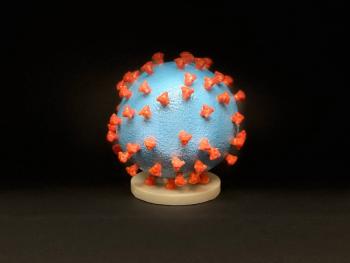
As part of the National COVID Cohort Collaborative (N3C), the National Institutes of Health (NIH) has launched a patient data center to store medical record data from those infected with COVID-19.

As part of the National COVID Cohort Collaborative (N3C), the National Institutes of Health (NIH) has launched a patient data center to store medical record data from those infected with COVID-19.
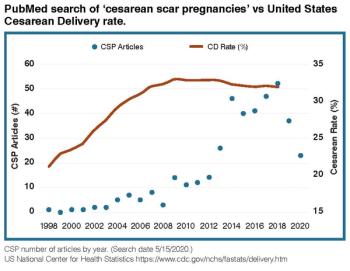
As we are now incorporating the new post-COVID-19 “normal” into our routines, our editor-in-chief, Dr. Catherine Spong, reflects on parallels with changes that went into play with the identification and management of patients with HIV.

Findings from a new study show significant overall survival benefit of Novartis’ ribociclib in hormone receptor positive, human epidermal growth factor receptor-2 negative (HR+/HER2-) advanced or metastatic breast cancer with visceral metastases.

Cesarean scar pregnancy (CSP) is a complication in which an early pregnancy implants in the scar from a prior cesarean delivery. Incidence and recognition of this condition appear to have increased over the past two decades, perhaps due to high worldwide cesarean delivery rates. The clinical presentation is variable, and many women are asymptomatic at presentation. CSP can be difficult to diagnose in a timely fashion. Ultrasound is the primary imaging modality for CSP diagnosis. Expectantly managed CSP is associated with high rates of severe maternal morbidity such as hemorrhage, placenta accreta spectrum (PAS), and uterine rupture. Given these substantial risks, pregnancy termination is recommended after CSP diagnosis. Several surgical and medical treatments have been described for this disorder, but at this time, optimal management remains uncertain.
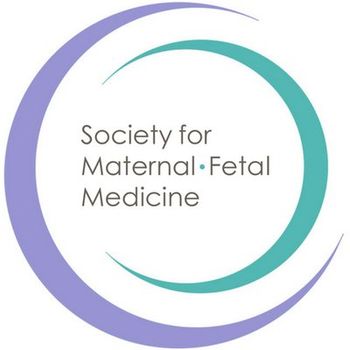

Cesarean scar pregnancy (CSP) is a complication in which an early pregnancy implants in the scar from a prior cesarean delivery. Incidence and recognition of this condition appear to have increased over the past two decades, perhaps due to high worldwide cesarean delivery rates. The clinical presentation is variable, and many women are asymptomatic at presentation. CSP can be difficult to diagnose in a timely fashion. Ultrasound is the primary imaging modality for CSP diagnosis. Expectantly managed CSP is associated with high rates of severe maternal morbidity such as hemorrhage, placenta accreta spectrum (PAS), and uterine rupture. Given these substantial risks, pregnancy termination is recommended after CSP diagnosis. Several surgical and medical treatments have been described for this disorder, but at this time, optimal management remains uncertain.

The patient had a history of fibroid uterus and dilated pelvic vessels in the left adnexal region, obscuring the left ovary. On April 2, 2014, the patient was seen as a gyn outpatient at the clinic by Defendant OB. The patient complained it caused her urinary tract irritative symptoms and back pain. An MRI was ordered for evaluation. A 9.9cm exophytic fibroid arising from the posterior uterine body with focal cystic degeneration was seen.

Canadian researchers say that prepregnancy elevated levels of hemoglobin A1C—even below thresholds for diabetes mellitus (DM)—may increase risk of severe maternal morbidity. The findings are from a population-based cohort study published in PLoS Medicine.

Plasma oxytocin levels are significantly higher in oral contraceptive (OC) users than in to non-users, according to a study in Scientific Reports. The cross-sectional study of nearly 200 women also found that scores for satisfaction with life were higher among OC users.
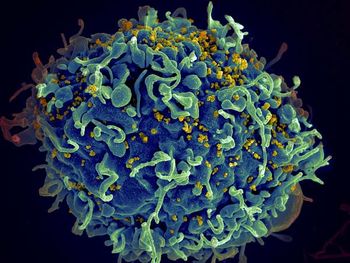
Approximately 1.1 million people in the U.S. are living with HIV today. In the midst of the global COVID-19 pandemic, a lack of information exists about whether HIV patients are at an increased risk for contracting the virus.
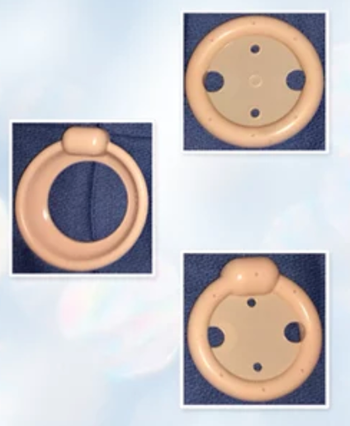
With ongoing aging of the population, incidence of pelvic organ prolapse (POP) is on the increase, and with it the need to increased education for ob/gyns and their patient about proper use of pessaries.
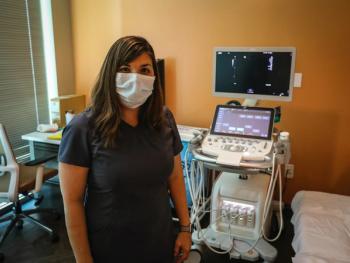
An external validation multicenter international study, in the hands of expert ultrasound examiners, has concluded that the ultrasound-based endometriosis scoring system (UBESS) is accurate in predicting the level of surgical complexity in the presence of bowel deep endometriosis or obliterated pouch of Douglas.

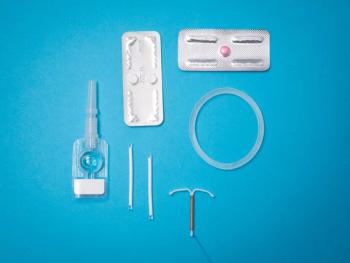
Behavioral methods of contraception are used by less than 3.2% of sexually active women; careful counseling could change that.

Would you be able to recognize this diagnosis in your practice?

A new study, published in JAMA Pediatrics, found that high-dose vitamin D supplementation during pregnancy significantly improved bone health in children.

This is a transcript from our second installment of interviews with obstetricians and gynecologists who specialize in infectious diseases during the COVID-19 pandemic.

In a recent interview with Andrew J. Schuman, Contemporary Pediatrics sat down with their Editorial Advisory Board member to gain his perspective on telehealth and the ways in which it’s shaping his practice.

This four-part video interview series explores COVID-19 in pregnancy-including the ways in which it is affecting life and changing the world of obstetrics and gynecology as we know it-and shares things our experts are seeing on the front lines.
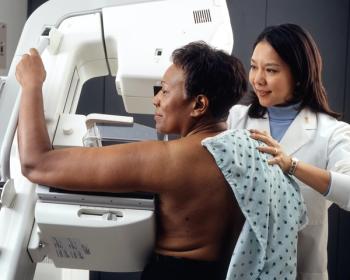
The results show that participating in screening mammography is essential for reducing the number of deaths from breast cancer and can ultimately save lives through early detection.

Physical training can preserve and even significantly bolster the bone mass of the hip and femoral neck in individuals under caloric restriction, according to a systematic review and meta-analysis of 13 randomized clinical trials.

Nearly half of women of child-bearing age with cystic fibrosis use estrogen-containing oral contraceptive pills, followed by condoms and long-acting reversible contraceptive methods, according to a pilot study in the journal Contraception.

A retrospective cohort analysis evaluating potential associations between endometriosis and pelvic inflammatory disease (PID) confirms a significantly higher prevalence of PID in endometriosis patients.

A recent study examined the contraception preferences of women with cystic fibrosis and also revealed startling data about the unintended pregnancy rate in this patient population.
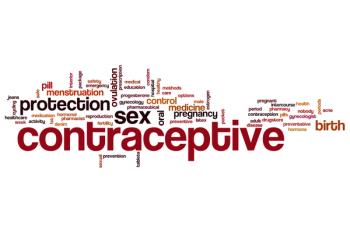
Women’s postpartum contraceptive decisions are influenced by both their personal goals and provider counseling, according to a recent survey.

Early-life predictors are crucial for continued development of effective preventive strategies for T2DM.

The North American Menopause Society (NAMS) will hold its 31st Annual Meeting at the Gaylord Rockies Hotel in Denver from Sept. 30 to Oct. 3, 2020.

These results underscore the importance of clarifying pregnancy goals and providing counseling on contraception, according to researchers.

To provide ob/gyns with the latest information, news updates and more, we have compiled a list of the Society for Maternal-Fetal Medicine’s (SMFM) most recent COVID-related resources.

There are changes to the placenta, including evidence of maternal vascular malperfusion (MVM).